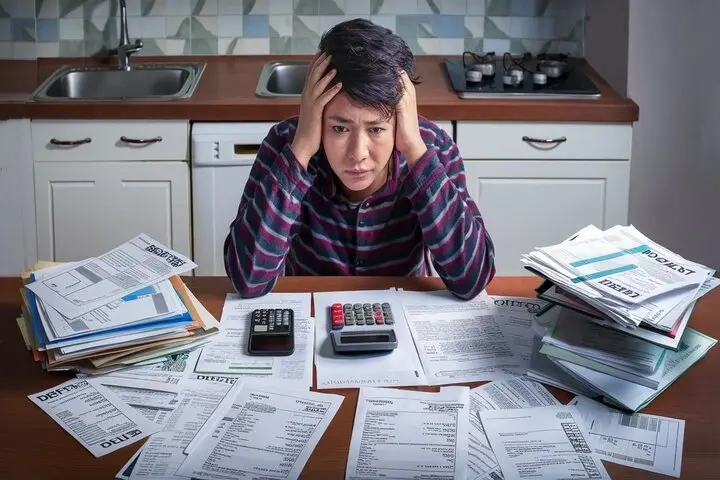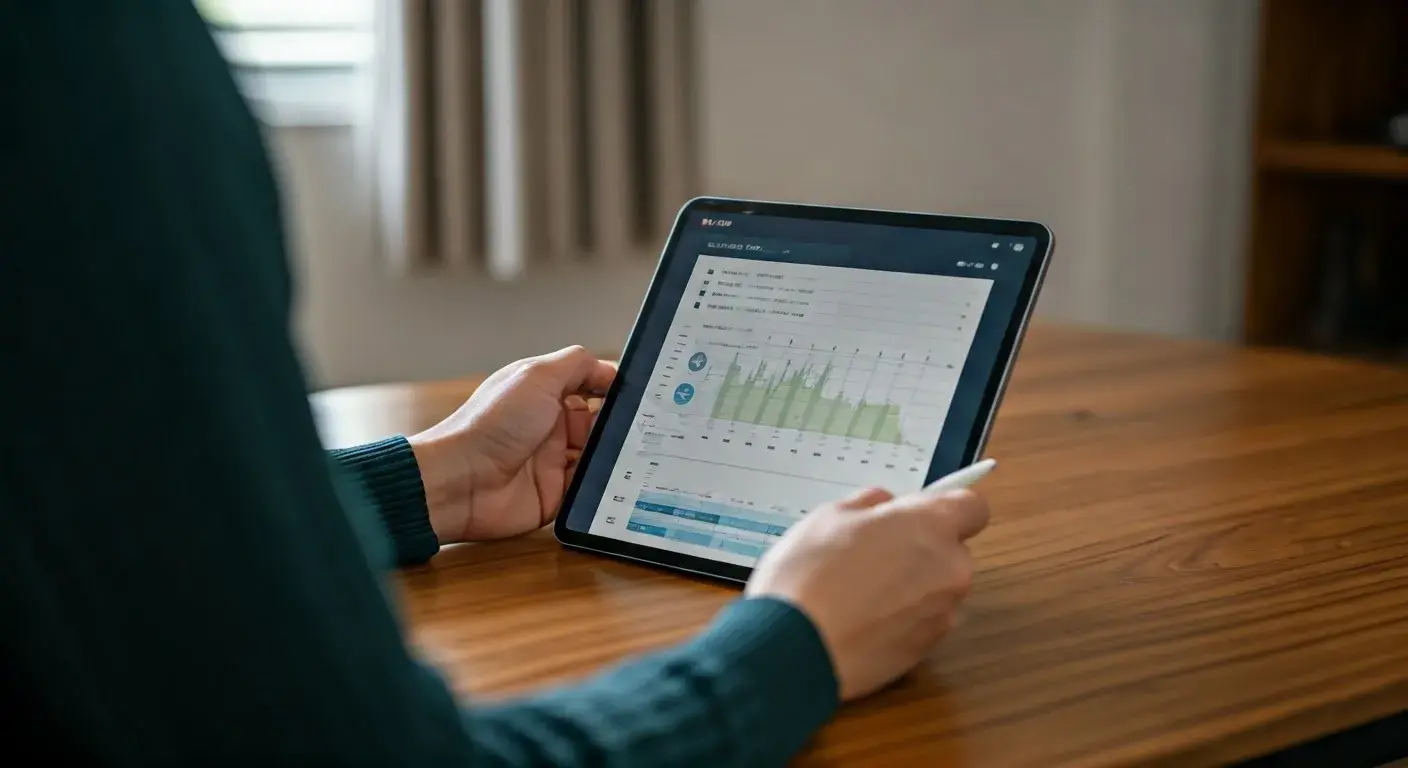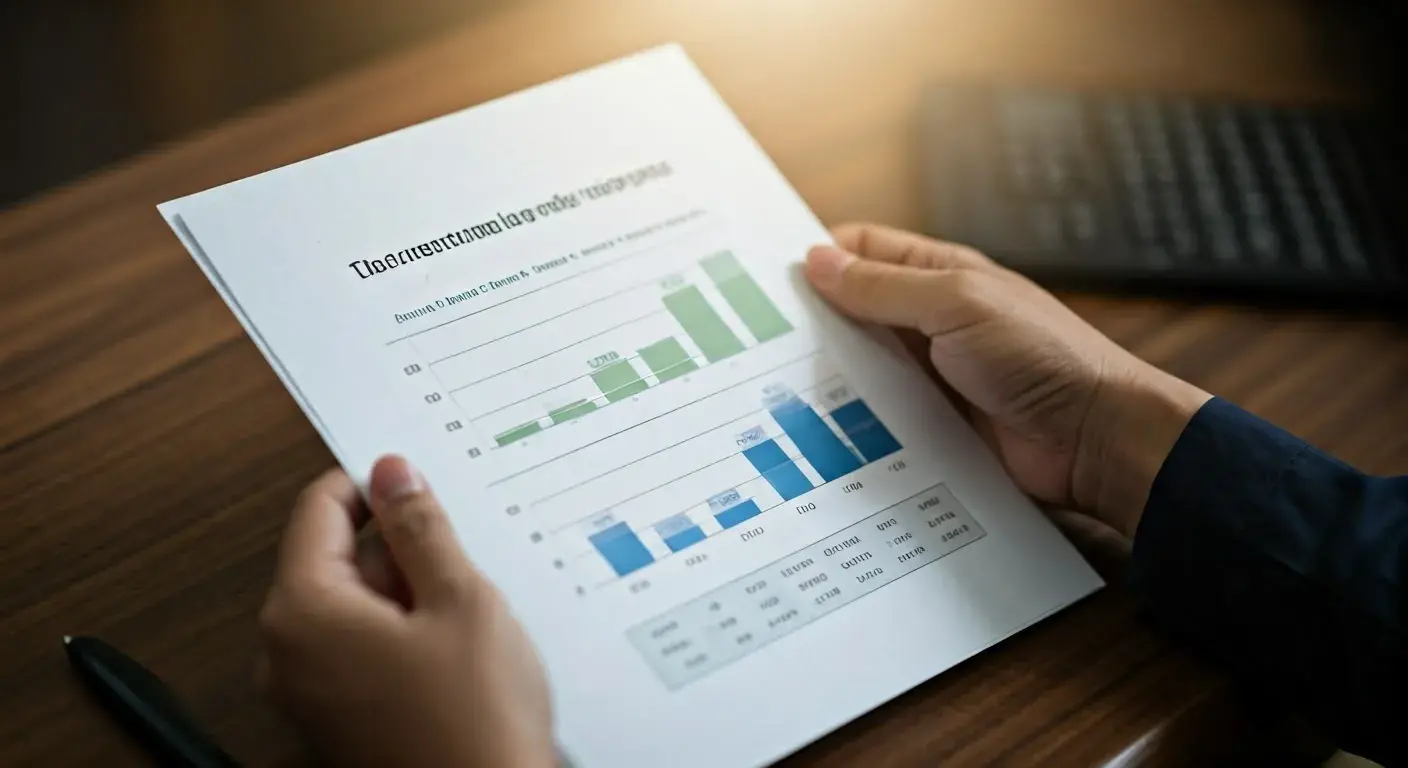
Dealing with debt while being financially illiterate and receiving only a fixed amount of money every month is not for the faint of heart. With the major portion of your income going into the necessities of life and daily needs like rent, electricity bills, food, etc., it becomes very difficult to spare any amount for paying off the debts. However, if you have some extra cash, you should make a plan on how to pay off the debts even though it may require some sacrifice. Here are some tips.
This is where I come in to get you to understand your current financial situation or condition.
Therefore, make sure you know your full financial profile – income and receipts, what you owe, interest rates, and the like; Now, compile all your monthly fixed expenses, such as shelter, transportation, food, utilities, and childcare if applicable. Then, list all the debts that you owe and the details – credit cards, balance and interest rates, student/medical balance and rates, etc This way you will be able to see where all your money goes and should be able to identify areas one could sacrifice.
Under the above categorization, a strict and essential spending budget should be made.
With your complete and broad look at cash flow and net worth, create a strict budget for the fewest possible expenses, just shelter, basic utilities, cheap, non-junk food to sustain life and energy, and gas money to get to work and necessary appointments. That means avoiding anything that is not crucial to the business for the time being. Create an emergency fund for basic living expenses that should ideally be at least 1 to 2 months of estimated bills in case one falls ill or loses a job (if you do not have an emergency fund at the moment).
Boost Your Income Temporarily
Think about options to increase your monthly earnings at least for a while; this could include a second job or freelancing as a driver in a ride-sharing service, online tutor, delivery driver, or freelancer in some remote gig platforms. Any additional $100-$200 can be put towards debts above the monthly minimums and can be focused more on the goal of being debt-free. Or to know whether your main job provides you with the chance to do overtime.
This high-interest debt should be attacked and paid off more aggressively than any of the other types of debt.
List your debts by their interest rates from the highest to the lowest. Ensure you pay minimum balances on all credit accounts due, then pay the increased balance towards the credit card with the highest rate of interest. This is often a credit card bill that people accumulate by using their cards to make purchases. Instead of trying to pay equal amounts to each of your debts, directing the small additional amount towards the debt attracting the highest interest is efficient because it pays off debts quicker and saves you money.
A good step that a debtor should take is to call the creditors and request for lower interest rates.
Contact each creditor and explain why you think it’s reasonable to get a lower interest rate based on your financial status. This is why it is important to be sympathetic to them but at the same time tell them categorically that it has become incredibly hard to pay the high rates. It is common for creditors to offer lower rates just for them to be sure that they will continue making collections from you rather than getting away with a default. If they’re not willing to change interest rates, they should allow you to waive some of the fees to reduce the monthly payments.
Consider Credit Counseling Help
Non-profit organizations such as the NFCC provide free credit counseling, ending the session with a clear understanding of your financial situation, and then devising a way with which one can pay off high-interest debts. It means that they can negotiate the charges with the creditors on your behalf and have them reduce the rates and payments. If possible, they may recommend for eligible clients to undergo a Debt Management Plan which combines two or more debts to be paid off with a single amount at lower rates.
When choosing and applying for a Balance Transfer Credit Card, it is important to do so selectively.
After you do away with high-interest costs, for instance by paying off credit card dues, you can do a balance transfer to another card with 0% interest for the first few months. This means that you have probably 15-18 months to clear that debt without incurring interest charges hence more money directed towards the principal amount. Just be sure to pay that card off fully before rates rise again so that you will not be paying high-interest charges.
Increase Income Long Term
If this is needed, it may be helpful to augment the income with another job; however, for the future try to find ways to raise the income from the primary job through raise in pay, extra hours, etc. Look at the skill enhancement or professional development that may lead to a better-paid position. Or leadership roles at the current company that translate into better pay structures due to demonstrated commitment and duty.
Save Automatically
automobile your savings by arranging for deductions straight from your paycheck to savings; perhaps starting with a deposit of 5% of your salary to the savings. If necessary, begin with only some amount set aside; however, having some savings is essential to avoid excessive borrowing of costly debt which may be required in case of emergencies. You can even adjust the percentage over time based on experience as you go about eliminating your debts.
Reduce Discretionary Expenses Hence Pay Off Your Debts Sooner
After that, if you can throw any little spare change you have towards your debts, set yourself a rule of cutting out stupid expenditures every month. No online shopping, new gadgets, ride shares, take-out food, etc Limit your spending to as few things as possible and entertainment includes only what is necessary. Cut the cord with cable TV and save money that you were spending on channels you didn’t even watch. These cuts can even be painful but they’re very important if you want to pay off your debts as soon as possible.
Celebrate Small Wins
Finally, celebrate your progress! And as you can imagine it is very difficult to pay off debts when there is absolutely no money for anything. What you should do is identify any small debts that you cleared fully and reward yourself with something like a dinner out or a small treat. Just don’t go back to eating at restaurants and spending too much on other non-essential things. Try to imagine the state of being debt-free and the feeling of having no debt hanging over your head in the future!
Call now for expert credit repair services: (888) 803-7889
Read More:
Do charge offs go away after 7 years?
How do I remove a charge-off without paying?
Will Lexington Law improve my credit score?
Did Lexington Law go out of business?
What are negative items in the Lexington Law?




